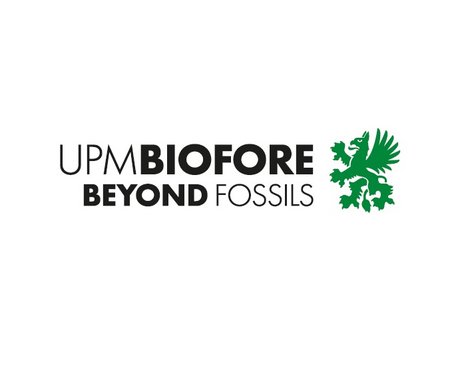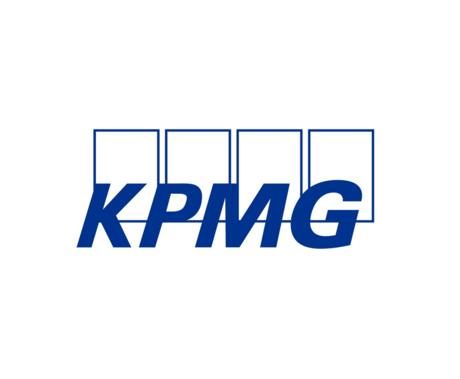Individuals are rejecting the interruptive marketing model - how should media companies respond?
Paul Berney is one of the leading European voices on mobile marketing. For five years, between 2008-13, he was MD EMEA of the Mobile Marketing Association, presiding over a period of massive disruption in the industry caused by the growth of smartphones and the arrival of 4G. More recently, along with his business partner Michael J Becker, he has set up The Connected Marketer Institute, which aims to provide intelligence and insight for brand marketers and MarTech providers.
At the DIS in March Paul will focus on the concept of the 'connected individual' and how marketers need to recalibrate their approaches to engage with them. Here he explains what he means by the 'connected individual', as well as offering his perspective on how trends like ad blocking and the Internet of Things could change marketing.
About DIS:
Digital Innovators’ Summit 2017 takes place from 19-21 March (main Summit on 20 and 21 March) in Berlin, Germany. With digital in a continuous state of innovation and change, DIS2017 brings together experts from around the world, in media and in related industries, to share ideas, insights and expertise. Now in its 10th year, DIS is a premium event attracting more than 600 top-level delegates from 30+ countries.
In addition to the speaker programme, DIS2017 provides opportunity to meet, discuss trends, challenges and opportunities, and/or simply catch up and have fun through a number of formal and informal networking events. DIS is organised by FIPP, the network for global media, and VDZ, the German Publishers Association. See more at innovators-summit.com. Register on or before 1st February to save €400 on the final delegate rate.
You say you believe that the 'connected marketer' is the next stage in the evolution of marketing. Can you articulate why marketing has changed and what exactly the 'connected marketer' is?
The fundamentals of marketing have not changed, we must still start by understanding our target audience and trying to meet their needs. But the way we execute against those needs has changed and the demands of our target audience has changed. In this way, 'the connected marketer' is a reaction to the fact we live in the age of the connected individual.
You talk a lot about connected individuals as opposed to connected consumers - can you explain the difference?
We are also constantly connected and have the ability to become connected consumers in a moment. But it is the fact we live in a state of connectedness that is most important. For example, in an instant a reader can switch to Amazon and buy a book they are reading about and then return to reading. For perhaps 30 seconds they become a connected consumer. At any time we can tap and find, tap and know or tap and buy. This knowledge changes our behaviour.
And how do you think that the connected individual will evolve in say the next 5-10 years, and how will this impact on the way that brands market to them?
On a practical basis our behaviour will be changed by the new technology and number of connections around us. Perhaps more importantly, our expectations of what is possible and what is normal are constantly being re-set by the best of our digital experiences. Our expectations are therefore shaped by interactions with Google, Apple, Facebook, Amazon, Starbucks etc. As a brand your competitors are no longer just those in your industry, but those that set the standard for digital engagement.
You say that leading brands need to develop an offline, online and sensorial approach to marketing? How does this relate to the magazine publishing world? And which media brands do you think are doing this successfully?
We believe that brands have to try and merge and synchronise physical, digital, sensorial and emotional experiences. After all, a brand is not just a physical product or service, but the collection of experiences that surround it. This means that if you publish a physical magazine that you must have a digital presence to match this. Many people still enjoy the sensorial experience of holding a magazine or book. The digital experience can mimic this, but should also extend it so it becomes a companion. Wired get this right, I think. Their website updates with news stories, and they replicate the monthly magazine stories also, but they also extend them by allowing interactivity.
Reading a magazine and website or app are difference experiences. Perhaps the physical format is more suited to longform journalism and for times/issues/subjects where people want to keep the media. Football programmes are a good example. You can get exactly the same information online, but they physical version has a different meaning to fans. It acts as a memento of the game.
Do you think that in general magazine publishers and media companies take marketing seriously enough? Do you think they should be allocating more resources to it?
That is very hard to answer based on my contact with publishers. The answer also greatly depends on what a publisher thinks marketing is. Many companies, publishers included, think marketing is sales promotion. Marketing for publishers should start with understanding their readers and what they want/need. On a sample of one (me), I am rarely asked what I want to see more or less of and yet the means to ask me digitally exist.
How is the Internet of Things likely to change marketing? Again how does this relate to the future for content publishers?
More channels. More touch points. More sensors. More points of connection. More data. More opportunities to interact and engage. More of everything really.
As with almost all technology this presents challenges and opportunities. What content is required at each point of engagement is a challenge. Extending the experience of the magazine by connecting in different ways to the reader represents a huge opportunity.
I would love to ask magazine/content publishers to ask themselves the 'marketing myopia' question though. Perhaps we will get the chance to do this at DIS?
Do you have any thoughts on how the growth ad blocking reflects on connected individuals and the way that they are marketed to?
Ad blocking is a symptom. It reflects most on the fact that individuals are rejecting the interruptive marketing model and that they no longer accept the supposed value exchange of handing over their data for free access. It will absolutely change the way that marketing works. For a start we will shift away from being 'marketed to.' That phrase is very much one related to people who think marketing equals promotion.
What core services does the Connected Marketer Institute offer to magazine publishers? How can they benefit via membership?
The Institute is new (just three months old). It is aimed at brands and technology companies right now and does not have specific benefits aimed at publishers. However, it could help publishers understand these two audiences a great deal better and offer insights on future directions they might take by learning from other industries.





